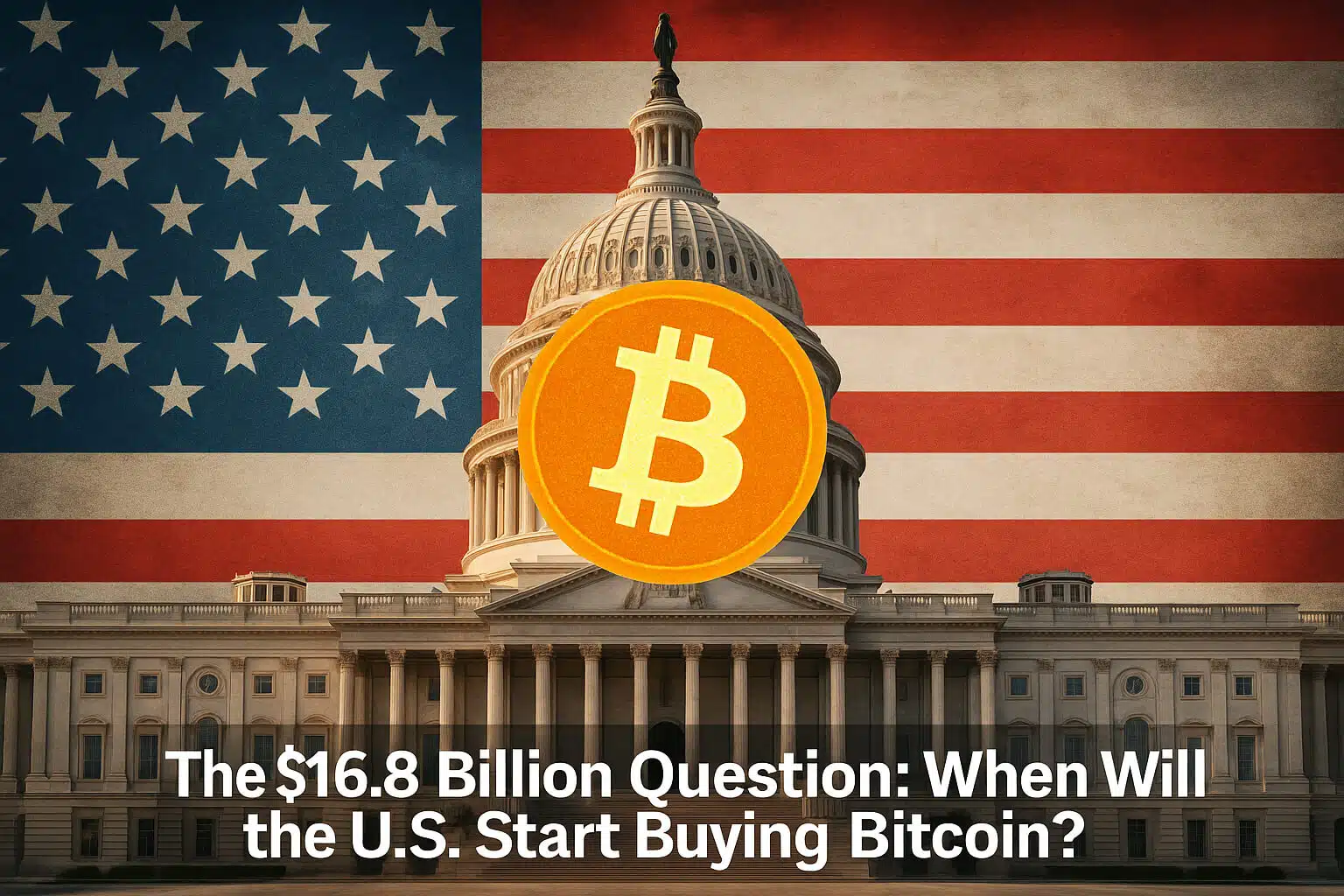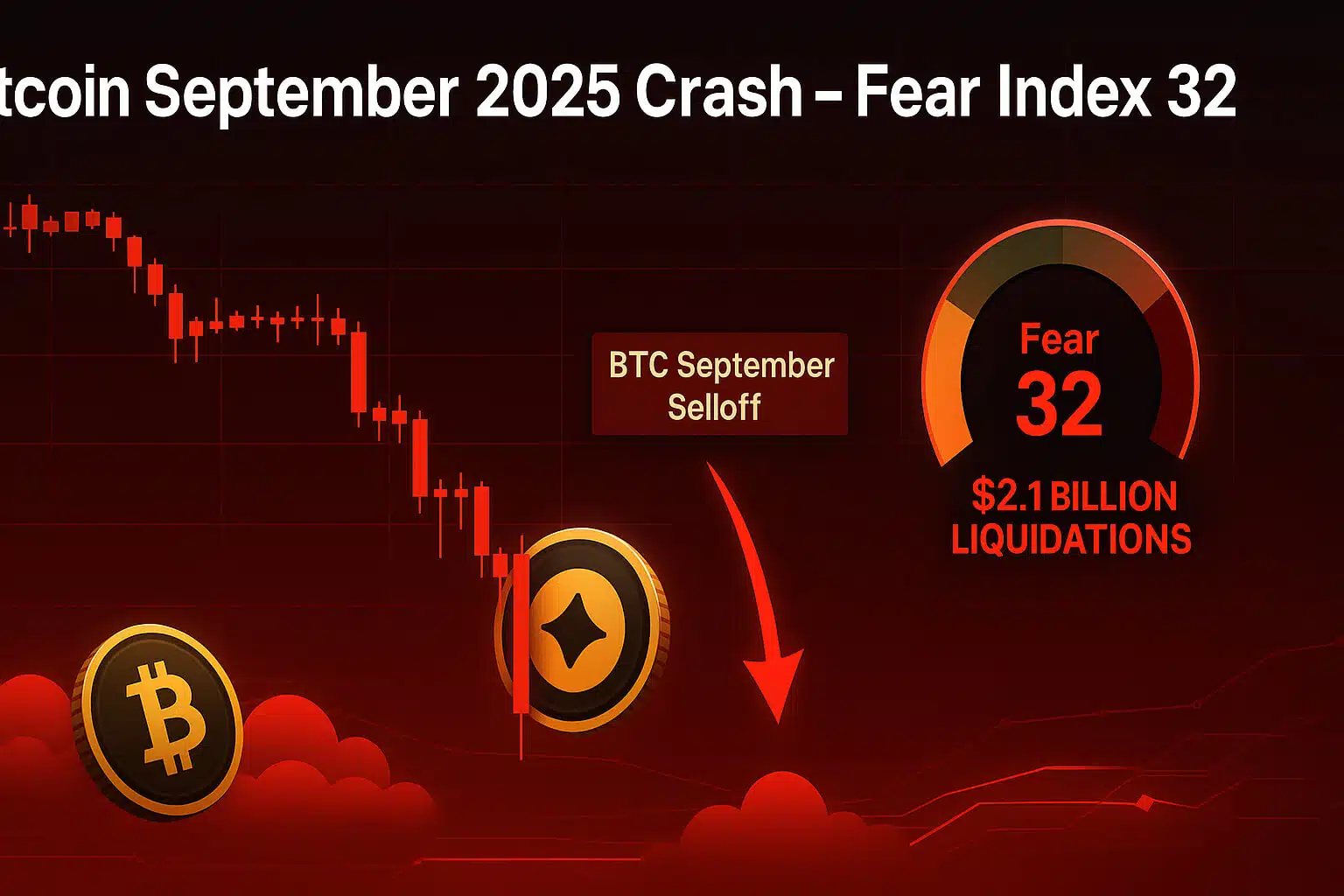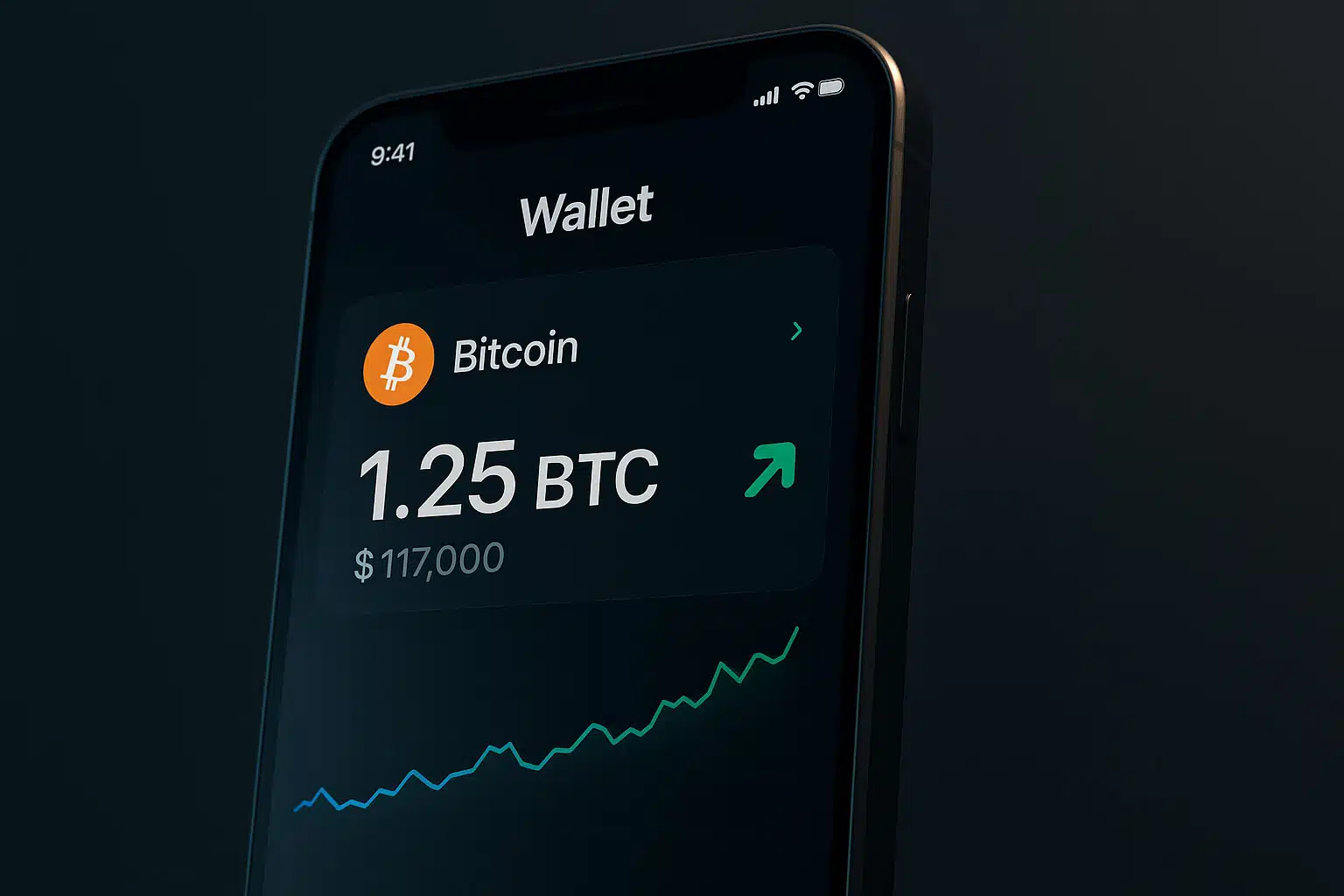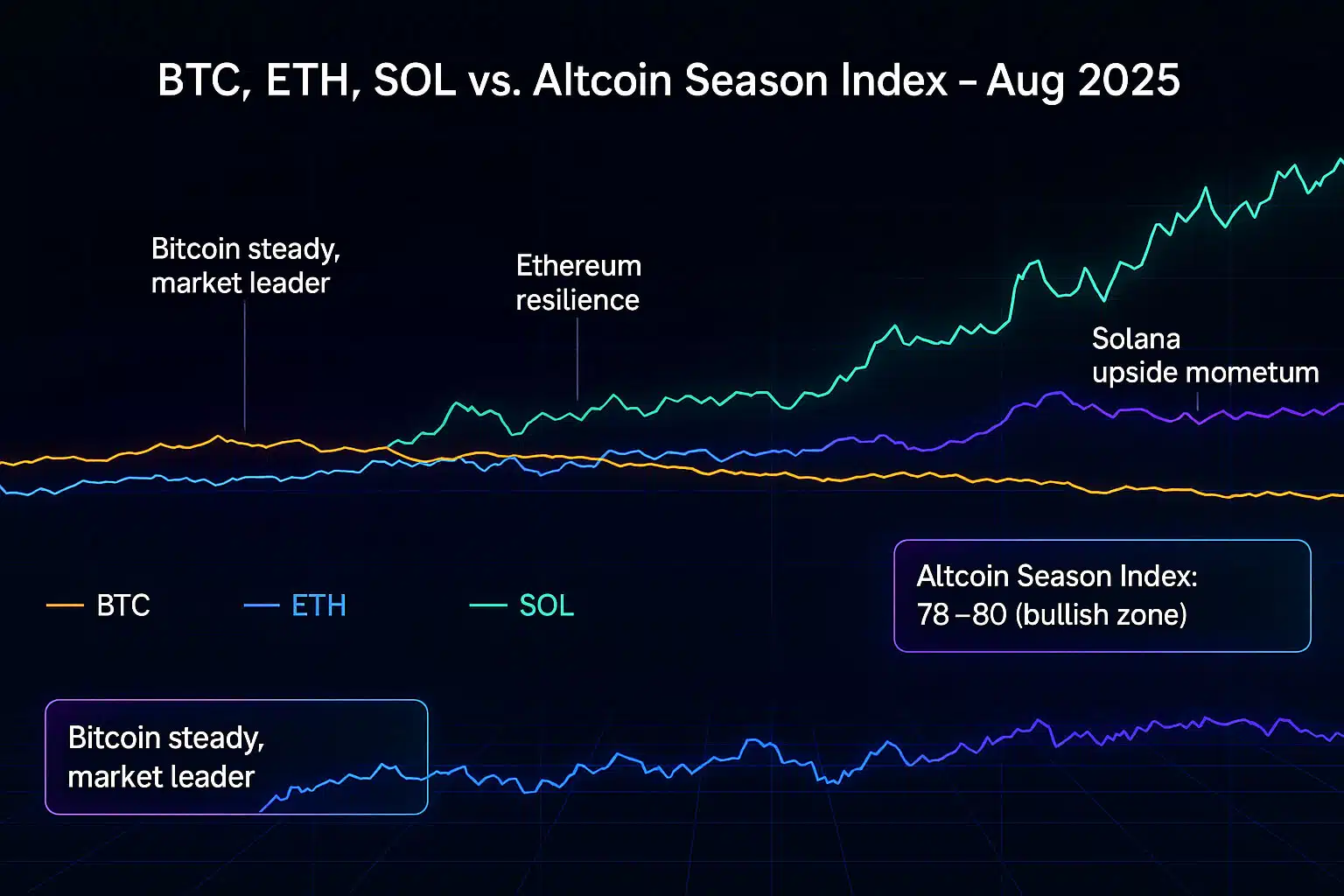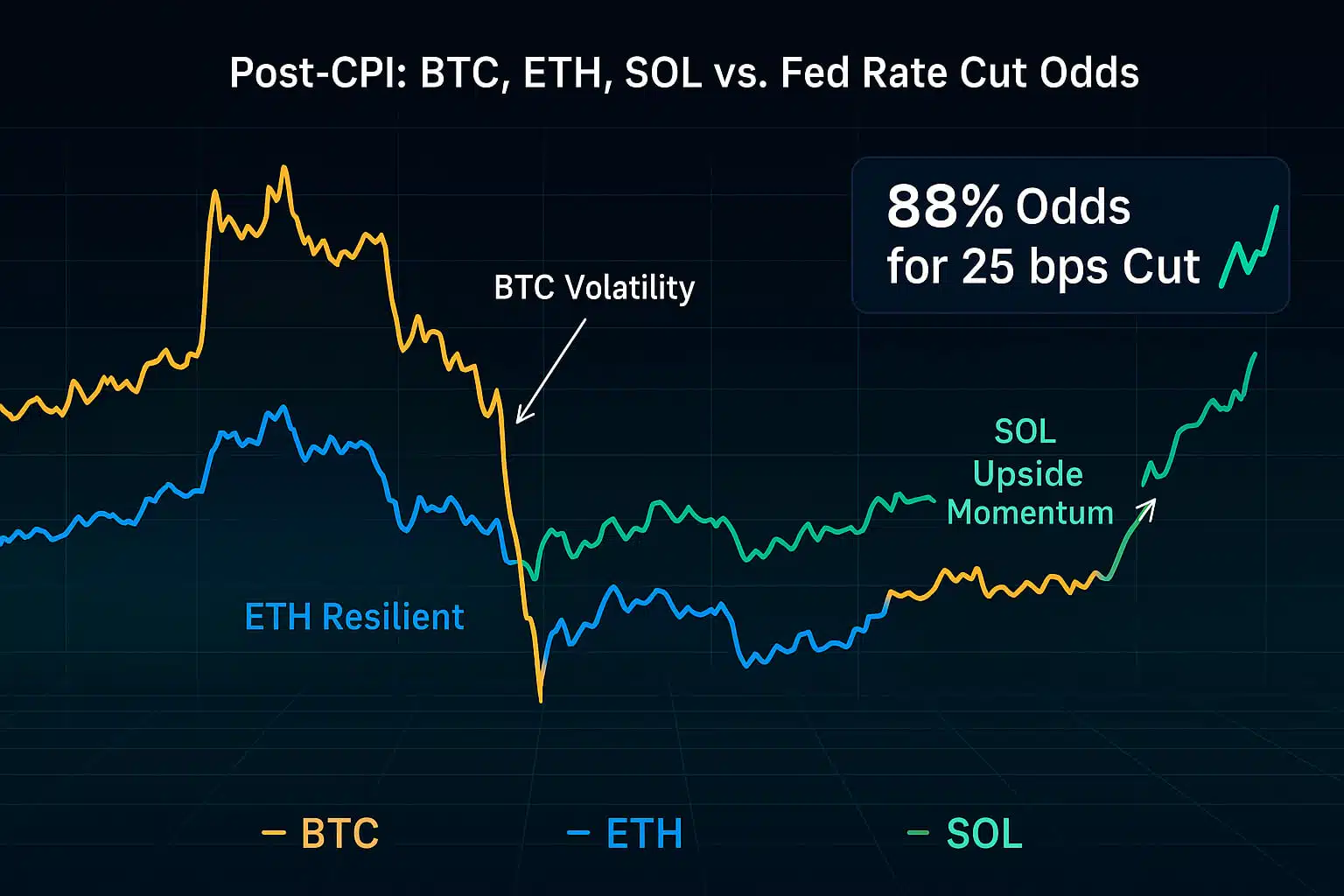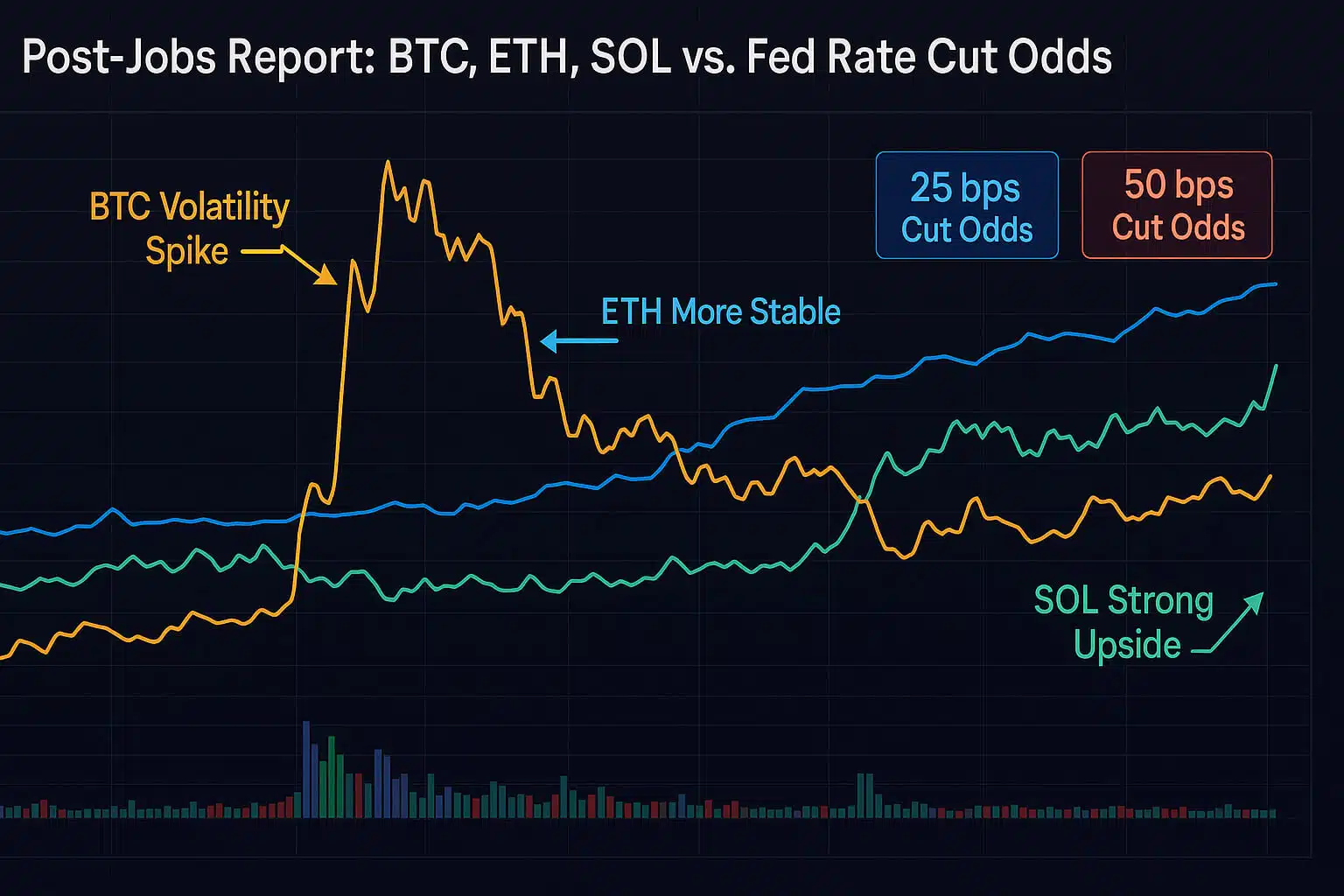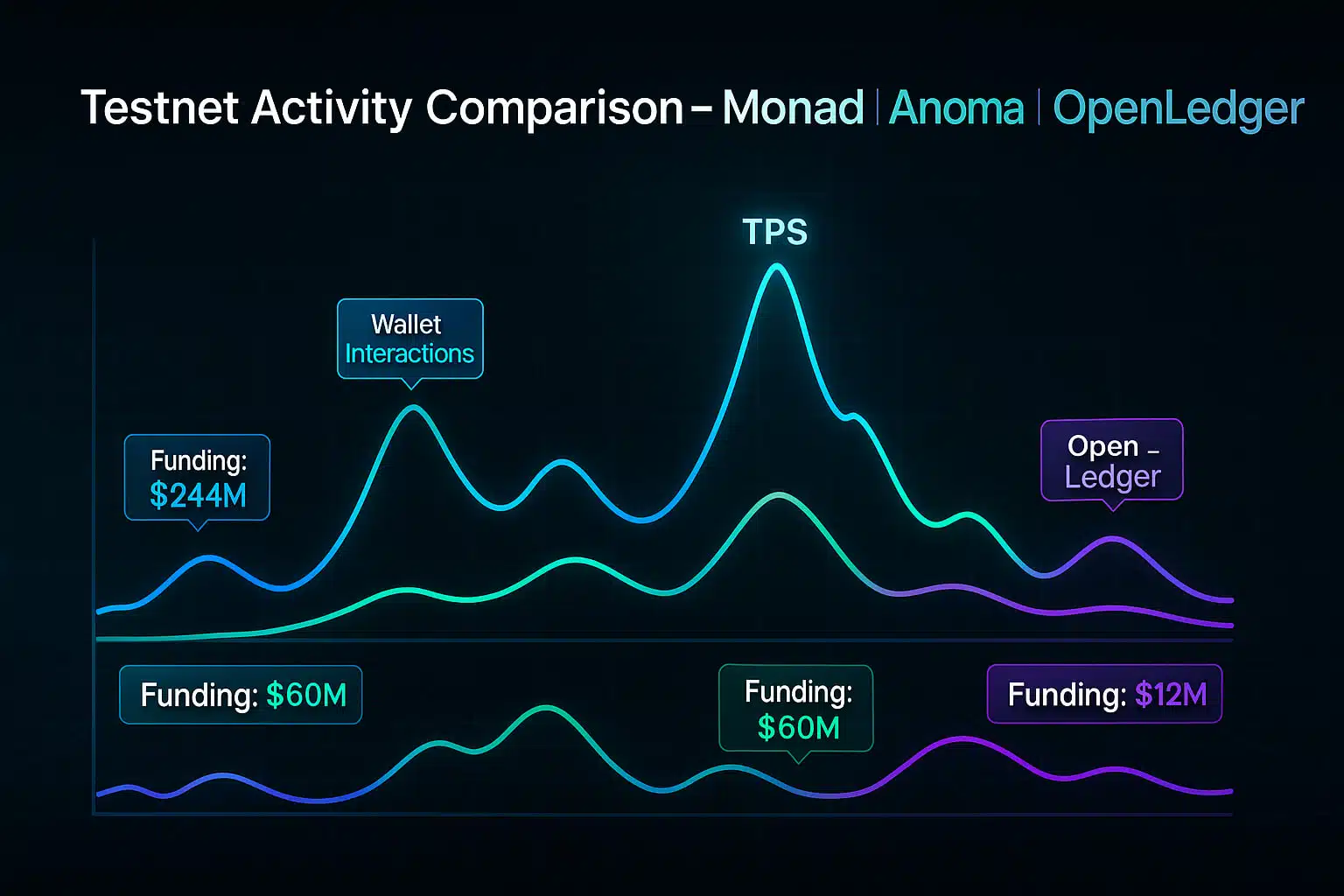On June 26, 2025, the U.S. government announced a potential plan to acquire Bitcoin. This announcement follows the executive order signed by President Trump in March 2025, which established the Strategic Bitcoin Reserve (SBR). The SBR aims to treat Bitcoin as a reserve asset, much like gold, and outlines the government’s intention to build long-term Bitcoin holdings without placing additional costs on taxpayers.
Context: A Strategic Move for Bitcoin
Historically, the U.S. has built substantial gold reserves. Today, Bitcoin is considered by some as the next logical asset to hold in reserves. The SBR is part of this strategy. Currently, the U.S. government holds roughly 200,000 BTC, valued at around $16.8 billion. This move aims to secure Bitcoin as a part of national assets and could help the U.S. diversify its financial holdings.
The Recent Developments and Executive Order
On June 26, 2025, a White House official confirmed that the U.S. government would pursue a Bitcoin accumulation plan. This follows President Trump’s executive order from March 2025, which directed the Treasury and Commerce Departments to explore budget-neutral strategies for acquiring more Bitcoin.
The details of this plan remain unclear, including the exact amount of Bitcoin the government will acquire and the timeline for purchases. However, this announcement signals the government’s intent to move forward with this plan, potentially increasing Bitcoin holdings and exploring its use as a strategic reserve.
The BITCOIN Act of 2025
Alongside the SBR, the BITCOIN Act of 2025 has been introduced. This bill proposes that the U.S. acquire up to 1 million BTC over five years and hold it for a minimum of 20 years. The bill is still in its early stages in Congress, and though it remains under review, it highlights the growing political support for Bitcoin as a strategic reserve asset.

Current Holdings and Market Impact
As of 2025, the U.S. holds about 200,000 BTC, mostly from criminal forfeitures. Experts note that these holdings remove selling pressure from the market, which could be bullish for Bitcoin’s price. With Bitcoin trading at around $107,799, many experts predict that further acquisitions could drive up prices and lead to more institutional adoption.
Budget-Neutral Strategies for Acquisition
Several budget-neutral strategies have been proposed to fund Bitcoin acquisitions:
-
Revaluing Gold Reserves: The U.S. could revalue its gold reserves and use the funds to buy Bitcoin.
-
Tax and Tariff Payments in Bitcoin: The U.S. government could accept taxes in Bitcoin, thereby accumulating the asset without purchasing it from the market.
-
Federal Reserve Profits: The government could use profits from the Federal Reserve to purchase Bitcoin.
These strategies would allow Bitcoin to be acquired without directly burdening taxpayers.
Timeline: When Might the U.S. Start Buying Bitcoin?
Experts estimate a high probability (70-80%) of the U.S. starting its Bitcoin acquisition plan within the next 2-5 years. However, short-term action is also possible, as the executive order’s requirements may allow for initial purchases by mid-2026. Bitcoin could also be acquired sooner through pilot programs, such as accepting Bitcoin for tax payments.
Risks and Global Considerations
There are several risks associated with the government buying Bitcoin:
-
Volatility: Bitcoin’s price can swing wildly, which could lead to significant losses.
-
Security Risks: Storing large amounts of Bitcoin requires stringent security measures. The risk of hacks or cyber-attacks on government-held Bitcoin is a significant concern.
-
Market Impact: Large purchases of Bitcoin by the U.S. government could distort the market and potentially lead to price manipulation accusations.
Global Context: Bitcoin as a Reserve Asset
Currently, the U.S. holds around 2.3% of Bitcoin’s total supply. Other countries, like China, hold significant amounts, primarily from seized assets. In contrast, nations like El Salvador actively buy Bitcoin, while countries such as Switzerland and EU officials warn that such reserves could destabilize the global financial system.
Conclusion: A Major Turning Point for Bitcoin
The U.S. government’s Bitcoin accumulation plan is a bold step toward embracing Bitcoin as a strategic reserve asset. While the timeline remains uncertain, the probability of the U.S. acquiring Bitcoin in the coming years has increased. As the government moves forward with this initiative, the potential for Bitcoin’s price to increase, along with institutional adoption, is high. However, challenges like Bitcoin’s volatility, security concerns, and global resistance may slow down or complicate the process. The coming months will be crucial in determining the role Bitcoin will play in U.S. reserves.
Want more in-depth analysis and airdrop opportunities? Visit FreeCoins24.io/airdrops to explore the latest free crypto drops.
Stay Updated
Stay in the loop with the latest crypto airdrops, strategies, and tips. Follow us on:


